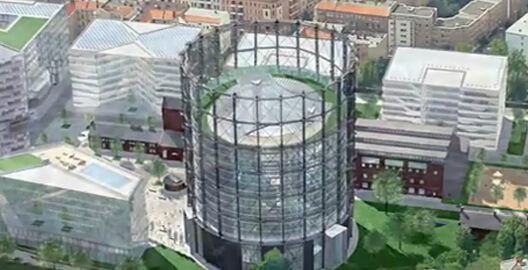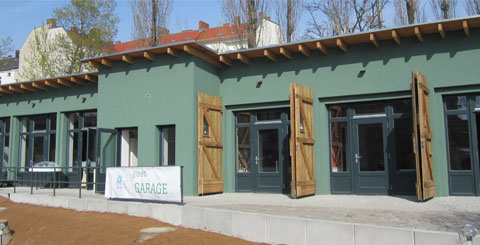As cities grapple with transforming and adapting to meet...
All around the globe, cities and regions are driving...
Running from November 28 to December 2, the activities...
The Culture and Creative Sector Industries (CCSI) can play...
In order to reach net zero by 2030, or...
Gipuzkoa is taking action towards sustainability through collaboration with...
Much of the discussion around COP27 this year has...
The European Green Deal represents a unique opportunity for...
Audrey S-Darko is a researcher and a farmer from...
As the official COP27 outcomes are being drafted this...
Massamba Thioye is leading the UN climate change Global...
The Climate-KIC International Foundation is looking for a Supervisory...
Climate start-ups supported by EIT Climate-KIC are now worth...
Slovenia’s ministry of higher education is gearing up for...
EIT Climate-KIC launches the Post Coal Future Lab initiative...
“What does it mean to enable businesses to deal...
“Beautiful, Sustainable, Together”. These are the values – and...
The intersection of climate and innovation remains a male-dominated...
A broad survey, possible solutions displayed on screens, inspirational...
Climate-focused start-up teams in developing countries face distinct challenges...
EIT Community New European Bauhaus partners will be hosting...
Slovenia has decided to actively combat climate change by...
The European Institute of Innovation and Technology (EIT) has...
The City Council of Milan approved the Air and...
Three innovators from EIT Climate-KIC’s community have been nominated...
On Monday 13 June, the representatives of the 100...
Climate smart forest economies It’s a crucial decade for...
Scotland’s largest city region is actively tackling climate change...
EIT Climate-KIC and Built by Nature, announce an initiative...
EIT Climate-KIC is launching Circularity Thinking courses to tackle...



